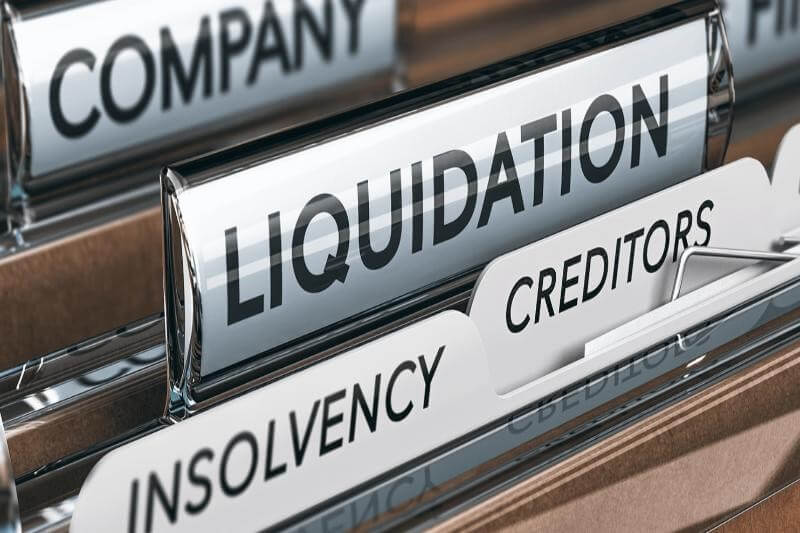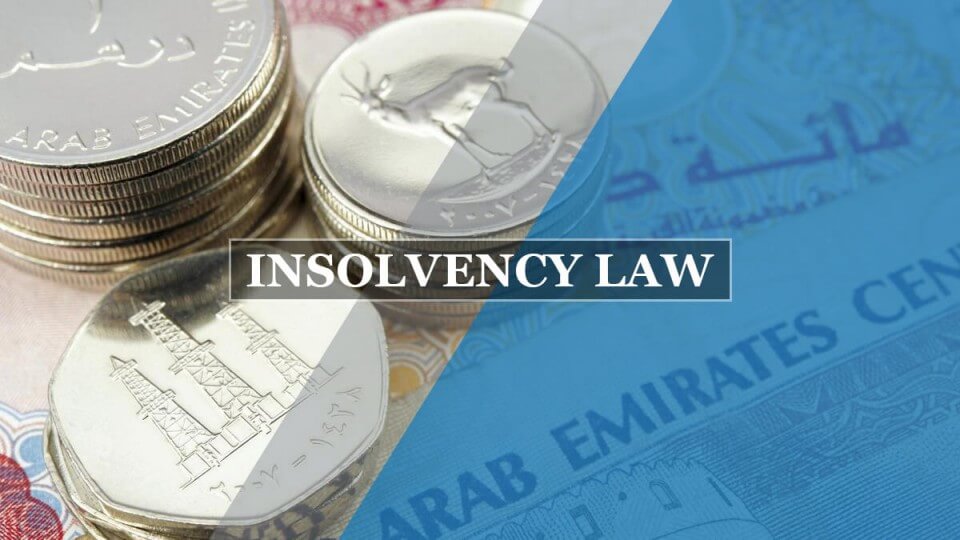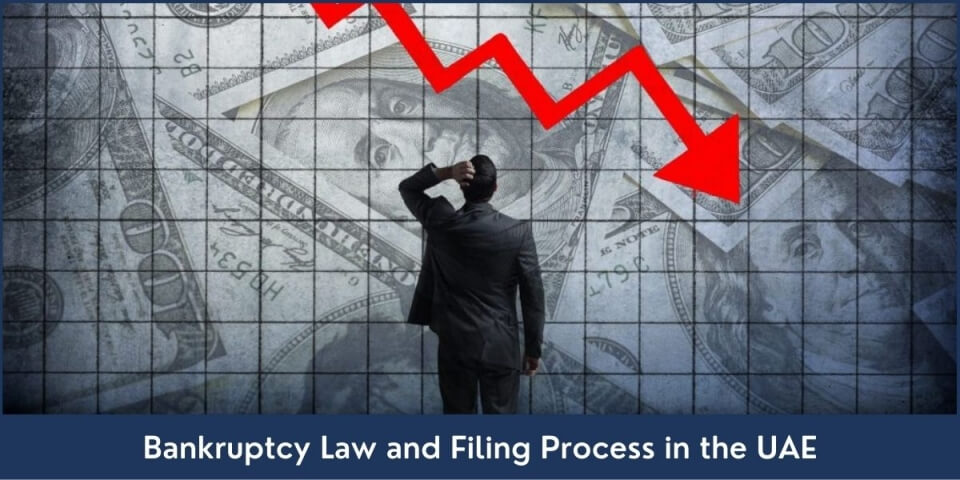Questions & Answers
طلب إشهار الإفلاس أو التصفية في حالة فشل الأعمال التجارية
أنا شريك في شركة مدنية صغيرة بموجب ترخيص مهني صادرًا عن دائرة التنمية الاقتصادية.
خسرت الشركة قضايا حيث يتعين علينا دفع 400,500 درهم إماراتي. هذه القضايا في مرحلة التنفيذ.
لدى الشركة أيضًا ديون بقيمة 364,000 درهم في دفاترنا. الشركة ليست في وضع يمكنها من سداد الديون المثبتة في محكمة التنفيذ أو الديون المعلقة المذكورة في دفاترنا. أريد إغلاق الشركة المدنية.
السؤال الأول: هل الأفضل بالنسبة لي تقديم طلب لإشهار الإفلاس أم تقديم طلب لتصفية الشركة؟
(أم ستبدأ المحكمة على الفور في اتخاذ أحد الإجراءات إذا قمت بتسجيل الإجراء الآخر؟)
السؤال الثاني: سمعت أن المحكمة ستبدأ الإجراءات الجنائية تلقائيًا إذا بدأت إجراءات الإفلاس. هل هذا الأمر صحيحًا؟ ما القواعد التي يجب عليّ اتباعها لتجنب التهم الجنائية؟
السؤال الثالث: بعد إعلان إفلاس الشركة المدنية، هل سيظل على الشركاء الدفع للدائنين (حسب نسبة الأسهم التي يمتلكونها في الشركة المدنية) لأن شركتنا ليست شركة ذات مسؤولية محدودة.
شكرًا لك على مساعدتك.

Hi,
You have the liquidation option and can be implemented either judicially by a request of one partner or mutually agreed by the shareholders.
The second method is easier and will lead to the appointment of a certified liquidator who shall take over the company operations till closure.
We need to review the company documents to advise further.
Kindly contact us via phone or email.

Hello,
As per your query, even in bankruptcy, if the debt is not settled and the company assets are not sufficient to close the debt, the board of directors and the partners are still liable.
There can be both insolvency and liquidation proceedings to be filed by placing the application to the court to appoint a liquidator and to declare the partners as insolvent.
The timeline of the proceedings is also important. This is a very generic solution, we need to check the entire scenario.
Please contact us via phone or email for further assistance!

Dear Questioner,
Answer for Q1: Liquidation through the agreement of all partners is the best option.
Q2: Not necessarily, depends on the situation and whether the partners or board members have misused the funds.
Q3: We do not recommend bankruptcy, we prefer liquidation and yes they could be still liable with their personal money.






